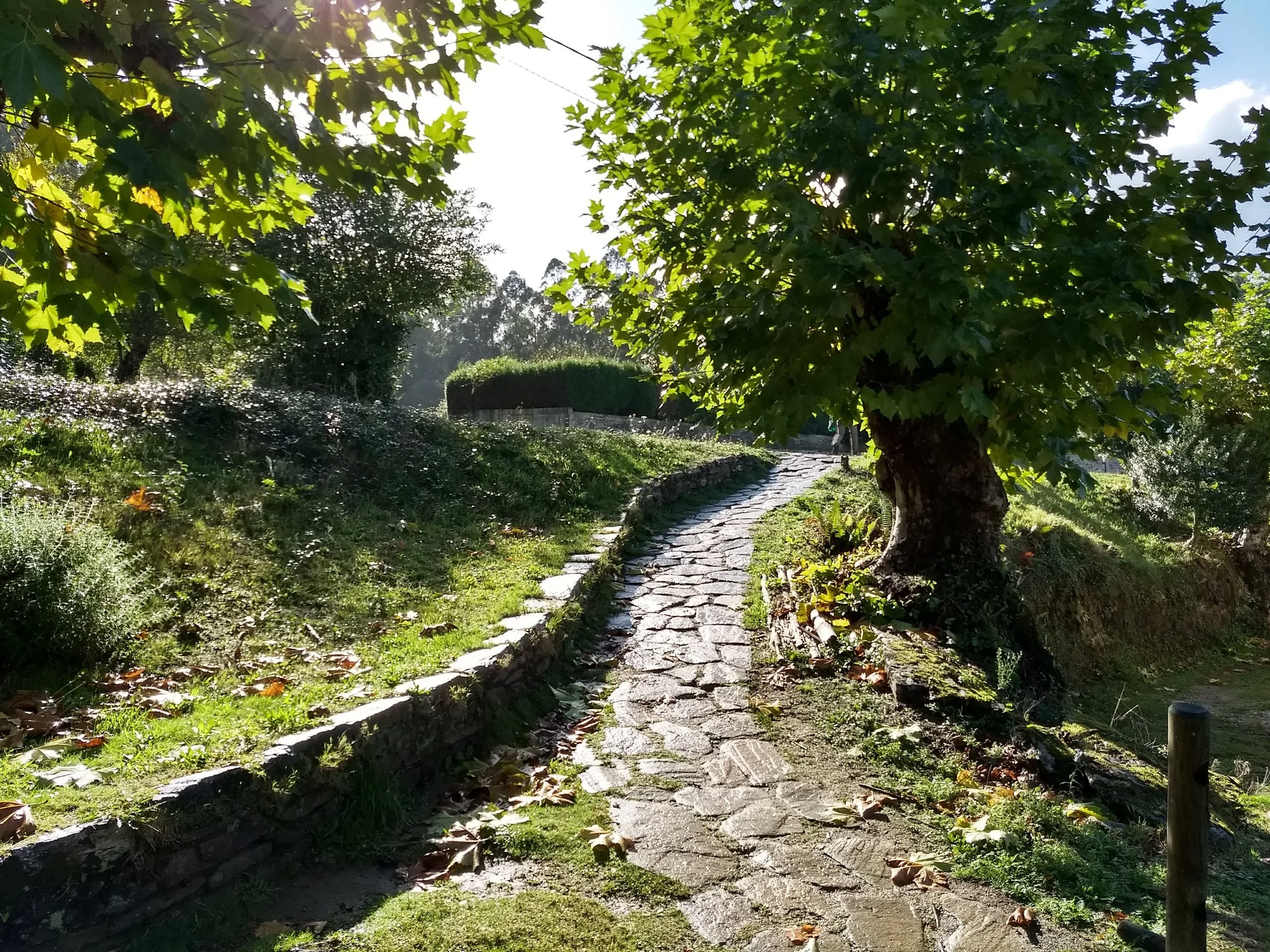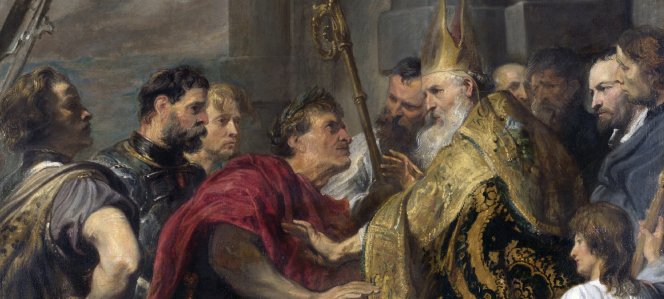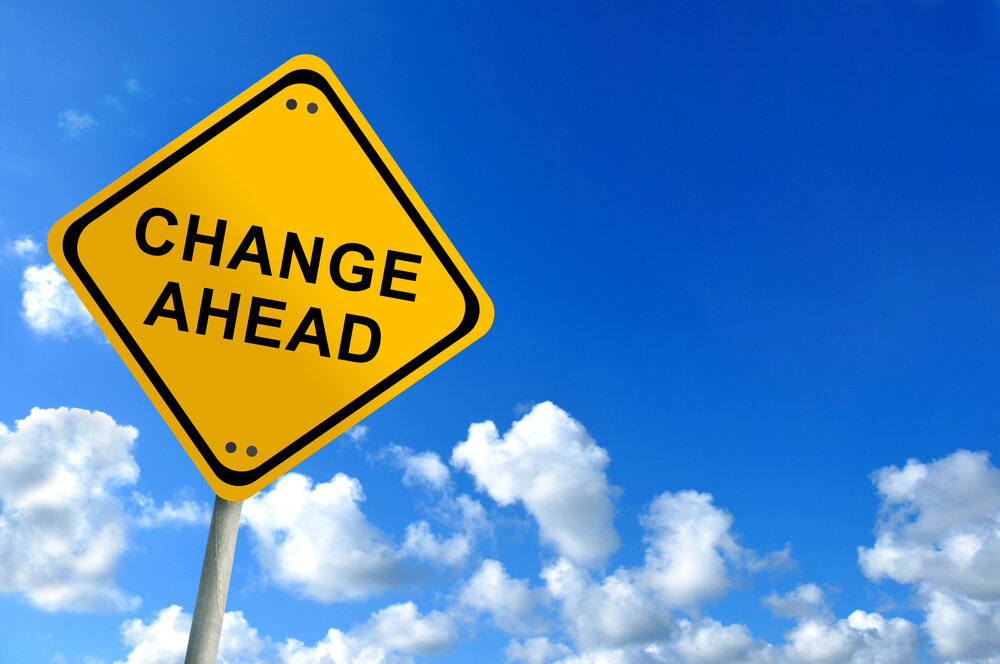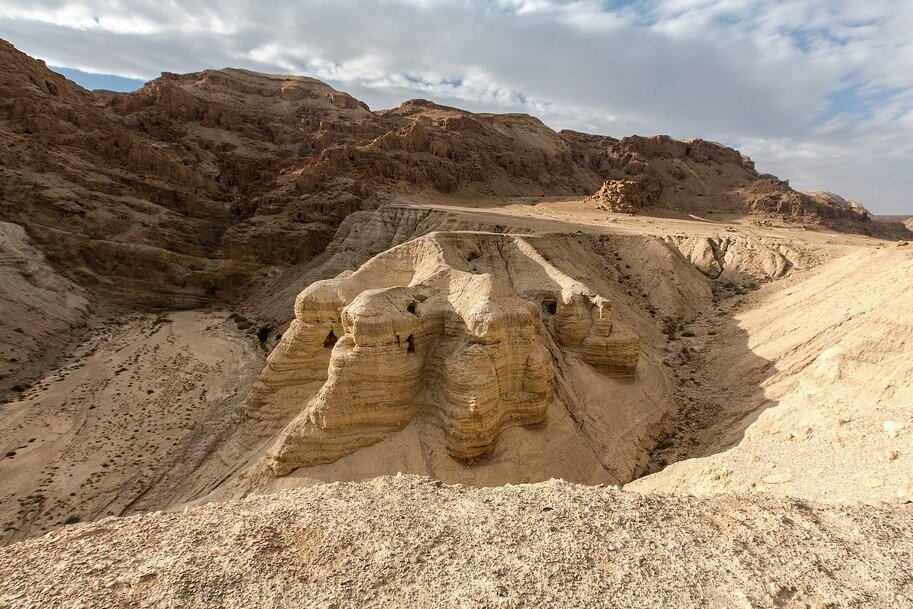Our Director of Youth and Young Adult Discipleship, Theresa Inoue, has accepted a teaching position at Cathedral Catholic High School. We are grateful for her time with us and pray for her to flourish in her new position. We are looking to hire someone to build upon the new direction in ministering to our teens and young adults that began two years ago. Below is a description of the job. Please share with anyone you think would be interested and qualified.
Position Title: Director of Youth and Young Adult Discipleship
Background: The Catholic Parish of Our Lady of Mount Carmel (13541 Stoney Creek Rd. San Diego, CA 92129) has approximately 2,900 active parish families, including a large number of youth and young adults.
Summary:
The Director of Youth and Young Adult Discipleship (DYYAD) is responsible for teen (14-17) sacramental preparation, teen discipleship formation, discipleship formation for young adults ages 18-25, and supporting ministry to young adults ages 26-39.
The goal of this ministry is to empower young people to live as life-long disciples and apostles of Jesus Christ. Unlike most other youth ministries, the focus is not large group events (although we have some of these); the emphasis is the creation and support of small discipleship groups with trained mentors as described in the book The Art of Forming Young Disciples by Everett Fritz.
Education, Experience, Skills and Qualities:
Applicants should have a bachelor’s degree, at least three years’ experience leading or assisting with a parish youth ministry, and at least a Master Catechist certification. Graduation from a Cardinal Newman Guide college and/or experience as a FOCUS missionary is a plus. Experience in mentoring and training mentors is valued.
Applicants should excel in communication, relationship building, critical thinking, and organization. They should be able to speak and write about the faith in an intelligent and engaging way. They should be able build strong and fruitful relationships with multiple people in the ministry.
Applicants must be engaged, practicing Catholics that joyfully keep the teachings of Jesus Christ and His Church and have a personal relationship with God. They should be practicing regular habits of a missionary disciple: frequenting the sacraments, daily prayer, regular study, fasting, generous service, intentional virtue growth, fellowship, and evangelization.
Applications should familiarize themselves with our website content for high school ministry, which can be found here: https://www.olmcsandiego.org/high-school.
Duties:
• Make teens into life-long missionary disciples of Jesus Christ and meet their pastoral needs: to be understood, to belong, for transparency, for critical thinking, and for guidance.
• Form and support small discipleship groups for teens with trained adult mentors in cooperation with parents as the principal means of achieving the above-stated goals.
• Plan and implement High School Confirmation preparation and preparation for teens who also need Baptism, Reconciliation, and/or First Communion
• Help youth to be engaged in weekly Sunday Mass, especially the 4:30pm Mass.
• Form teens in the habits of a missionary disciple.
• Plan and implement effective Confirmation classes and Youth Nights.
• Plan some opportunities for teens to engage in service and connect them with the many service opportunities that exist in the wider parish community.
• Plan and implement one-day retreats for youth.
• Recruit and train teen leaders, adult mentors, and other support volunteers.
• Keep teens engaged post-Confirmation and help prepare them for the challenges of staying faithful to Christ in a university/college setting.
• Provide pastoral counseling to teens in distress.
• Communicate regularly and effectively with teens, their parents, volunteers and the pastor. Keep the wider parish informed of what is happening in youth ministry.
• Provide opportunities for fellowship and faith formation for adults 18-39 years of age.
• Form discipleship groups for adults 18-25 years of age.
• Support and grow the Young Adult Ministry leadership team.
• Conduct administrative tasks in support of the ministry, such as calendaring, budgeting, and record keeping.
Terms and Conditions:
• This is a full time position, 40 hours per week.
• Work week is Sunday – Thursday (with flexibility for any necessary meetings or events).
• Must submit all identification and paperwork for a background check and pass check.
How to Apply: Interested and qualified applicants should e-mail a cover letter and resume to the Administrative Assistant to the Pastor, Maria D’Amato at MDamato@olmc-sandiego.org .
















